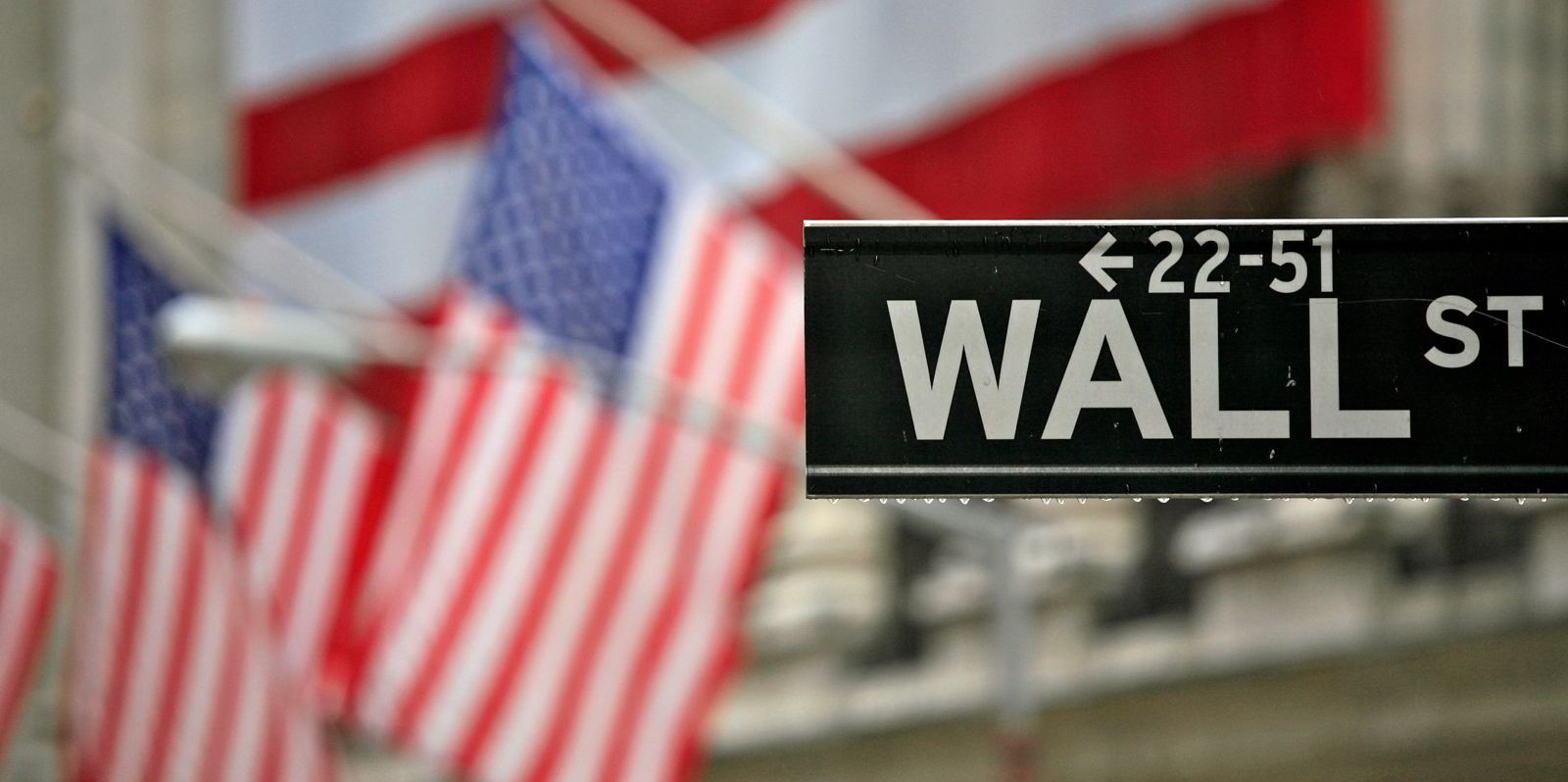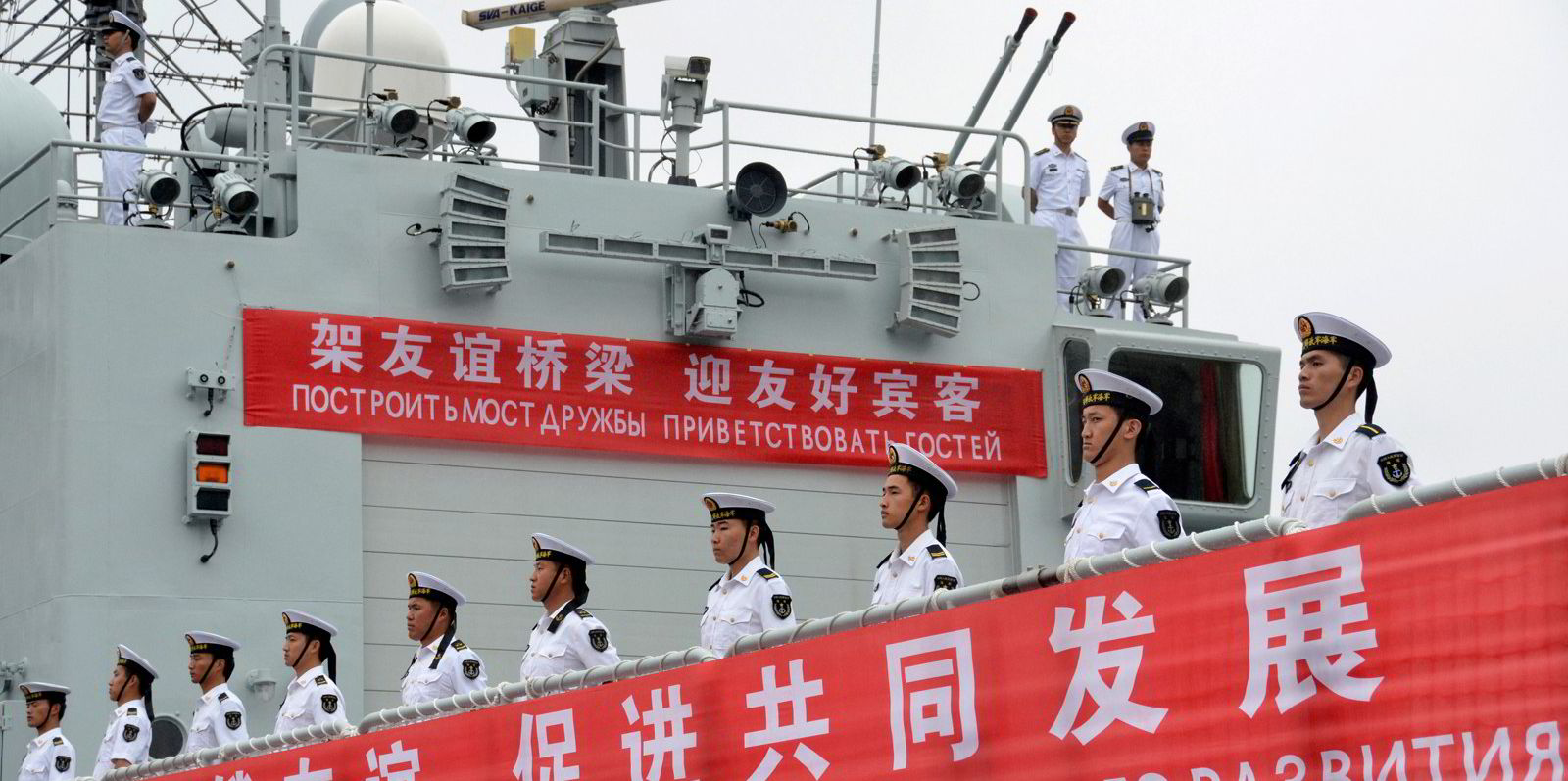The US and UK have sanctioned four high-ranking Houthi officials linked to the militant group’s attacks on shipping.
The move, which describes the Iranian-backed group’s assaults on commercial vessels as acts of terrorism, came as the Houthi menace in the Red Sea and Gulf of Aden increasingly threatens US-owned and US-flag vessels, rather than the initial focus on Israel-linked shipping.
It comes a day after a Houthi attack forced two container ships that are controlled by the US-flag unit of AP Moller-Maersk and that operate in Washington’s Maritime Security Program for militarily useful vessels, to turn back in the Gulf of Aden despite Navy escorts.
Brian Nelson, the US under-secretary for terrorism at the Department of Treasury, said the joint action with the UK is aimed at leveraging all authorities to stop the attacks.
“The Houthis’ persistent terrorist attacks on merchant vessels and their civilian crews lawfully transiting the Red Sea and the Gulf of Aden threaten to disrupt international supply chains and the freedom of navigation, which is critical to global security, stability and prosperity,” Nelson said in a statement.
The US Treasury Department’s Office of Foreign Asset Control cited actions against shipping by all four of the members of Ansar Allah, as the Yemen-based Houthi movement is formally known, who were blacklisted on Thursday.
The department said Houthi defence minister Mohamed Al-Atifi has publicly threatened to “turn the Red Sea into a graveyard” in response to actions by the US-led Operation Prosperity Guardian.
He and Muhammad Fadl Abd al-Nabi, who commands Houthi maritime forces, were both seen visiting NYK Group’s 5,100-ceu Galaxy Leader (built 2002) after it was hijacked on 19 November, officials said.
The Treasury Department also accused Al-Nabi of committing to continue attacks against ships.
Coastal defence forces chief Muhammad Ali al-Qadiri “was tasked with executing attacks against vessels in the Red Sea” and is accused of publicly threatening maritime traffic using advanced weapons, according to the department.
Muhammad Ahmad al-Talibi, the Houthi’s director of procurement, is alleged to have led efforts to smuggle Iranian missiles, drones and other weapons into Yemen.
“Al-Talibi coordinates arms shipments through the smuggling networks of Iran’s Islamic Revolutionary Guard Corps and answers directly to principal Houthi forces decision-makers,” the Treasury Department said.
It is not clear what impact the sanctions will have on the four men.
The US action blocks their property in the US and blocks Americans from doing business with the militant leaders.
“In addition, non-US financial institutions and other persons that engage in certain transactions or activities with sanctioned entities and individuals may expose themselves to sanctions risk or be subject to an enforcement action,” the Treasury Department said.
The announcement came days after the US announced that it would redesignate the Houthis as a terrorist group, a decision that enters force on 16 February.
Ansar Allah’s foreign ministry responded by ordering US and UK nationals working for the United Nations and humanitarian organisations to leave the areas of Yemen it controls.
“The ministry … would like to stress that you must inform officials and workers with US and British citizenships to prepare to leave the country within 30 days,” Houthi officials said in an order to UN humanitarian coordinator Peter Hawkins, according to PressTV, an Iranian state-owned broadcaster.





